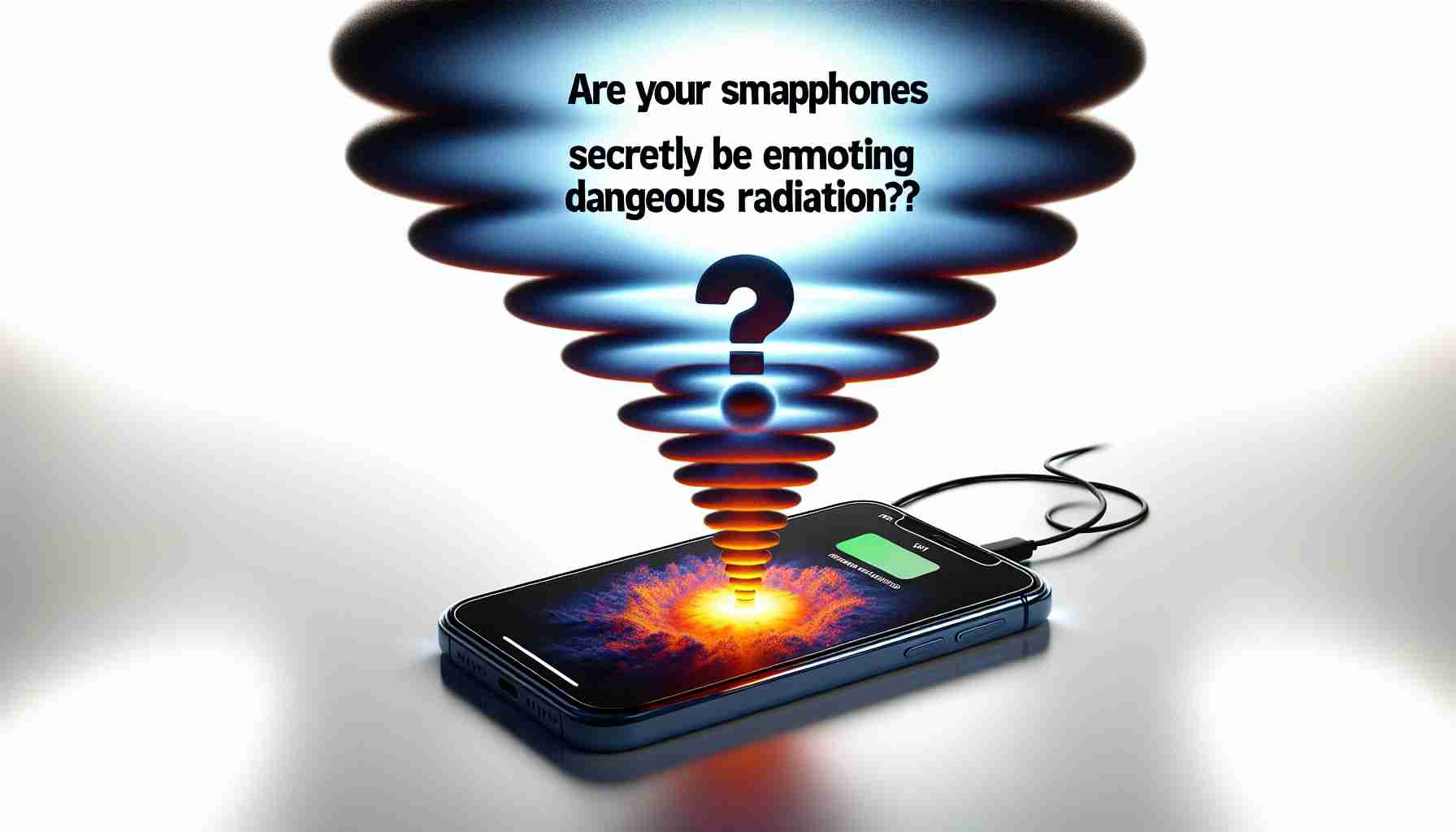In today’s digital age, smartphones have become indispensable tools for communication, information, and entertainment. However, they often come with a question that fuels health concerns: Do phones emit radiation? The simple answer is yes, but it’s important to understand the type and level of radiation involved.
Smartphones emit a form of non-ionizing radiation known as radiofrequency (RF) radiation. This is the same type of radiation emitted by other wireless devices and is much weaker than ionizing radiation, such as X-rays or gamma rays, which are known to cause harm to living tissue. The non-ionizing nature of RF radiation means that it does not have enough energy to remove tightly bound electrons from their orbits around atoms and therefore is generally considered less harmful.
The World Health Organization (WHO) and the Federal Communications Commission (FCC) have both addressed concerns about mobile phones and health risks. According to the WHO, to date, no adverse health effects have been established as being caused by mobile phone use. The FCC sets limits on the specific absorption rate (SAR) of RF energy, ensuring that all smartphones on the market are well within safely defined limits.
While ongoing research continues to examine potential long-term effects, the current consensus among scientific bodies is that typical smartphone usage does not pose significant health risks. Nonetheless, for those concerned, simple steps can be taken to minimize exposure, such as using speaker mode or earphones to keep the phone away from the head and body.
The Hidden Impact of Smartphone Radiation: What You Need to Know!
With more than five billion smartphone users worldwide, the question of radiation emission from phones is more relevant than ever. However, there’s more to consider beyond the basics. Did you know that smartphone radiation could potentially impact not just individuals but communities at large? Here’s how.
While it’s well-documented that smartphones emit radiofrequency (RF) radiation, concerns are now shifting towards societal effects. For example, restrictions may be placed upon where cellphone towers can be erected, impacting local community planning and aesthetics.
Are there advantages and disadvantages? Certainly. Phones offer countless conveniences, such as instant communication and access to vast information. Yet, on the flip side, they can contribute to increased stress and anxiety due to constant connectivity. Furthermore, while direct health risks from phone radiation are low according to WHO guidelines, the psychological impact of persistent connection remains a topic of controversy.
Can simple actions mitigate risks? Yes. Using earphones or speaker mode continues to be a recommended approach if you’re concerned about radiation. Additionally, limiting overall screen time can reduce digital fatigue.
How might these factors impact global communities? With countries racing to deploy the latest mobile technologies, debates rage on regarding the environmental and urban implications. Concerns about the placement of cellphone towers and their potential interference with natural landscapes are trending issues.
For those keen to explore more, the FCC provides resources to understand the regulatory measures that keep radiation within safe limits.







